Federal Court rules American Samoans should be granted birthright citizenship, but some American Samoans disagree
Last week the US District Court for the District of Utah made a landmark decision against the United States in favor of John Fitisemanu, an American Somoan living in Utah who wants American Samoans to be recognized as citizens upon birth. Because he was born in the unincorporated US territory of American Samoa, Fitisemanu was born a US national, not a US citizen. His US passport even makes that distinction painfully clear, reading in all caps, “THE BEARER IS A UNITED STATES NATIONAL AND NOT A UNITED STATES CITIZEN.”
As a US national, John is restricted from things that ordinary citizens can take for granted, such as voting. In ongoing litigation, he is arguing that those born in US territories are guaranteed automatic citizenship under the 14th Amendment to the US Constitution. For Congress to make second class citizens of those born in territories by giving them only “national” status, rather than full citizenship, is a violation of the 14th Amendment. Judge Clark Waddoups, deciding the case in the court in Utah, agreed.
The 14th Amendment provides that “[a]ll persons born . . . in the United States and subject to the jurisdiction thereof, are citizens of the United States.” Fitisemanu wanted the court to rule that because American Samoa is a territory of the United States, it is in the United States, and thus this citizenship clause grants birthright citizenship to those born in American Samoa. However, this argument is an uphill battle, because of a Supreme Court case from 1901 which ruled that only incorporated territories enjoyed the full protections of the US Constitution.
What’s interesting in this case is that the American Samoa Government and the Delegate from American Samoa, Aumua Amata Coleman Radewagen (R), both intervened in the case, and they sided with the United States. They opposed Fitisemanu asking the court to “unilaterally impose US citizenship on all American Samoans,” and warned that traditional Samoan ways, such as their rights to self-determination, could be threatened by such a change in status. In effect, they argue that it is for the people of American Samoa to decide, not a court, and they draw on more than a century of legal precedent to refute John’s points.
Amata called the ruling “unwelcome and inappropriate.” Her sentiments are likely echoed by a significant portion of the population of the territory, as the ruling could endanger laws regarding land ownership, since they exclude non-Samoans. By extending citizenship to all American Samoans, equal protection issues arise.
Although Fitisemanu won at the district court level, the case is likely to be appealed according to the plaintiff’s attorney. This would give the 10th Circuit Court of Appeals a chance to review the legal question of whether or not territories are “in the United States” for the purposes of the 14th Amendment.
If the 10th Circuit affirms this decision, it would be contradictory to a similar case in 2016. The US Court of Appeals for the District of Columbia Circuit ruled that the constitution does not grant citizenship to those born in American Samoa, and the Supreme Court declined to hear the appeal. If Fitisemanu’s case is ultimately appealed to the Supreme Court, the Justices will be more inclined to hear the case if there are contradictory decisions in the circuit courts. Until then, the ruling has been stayed pending appeal.

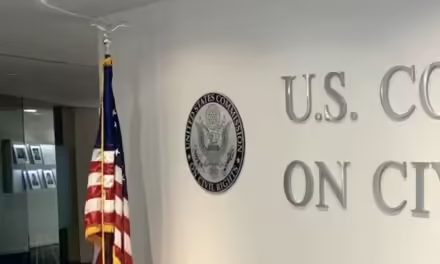
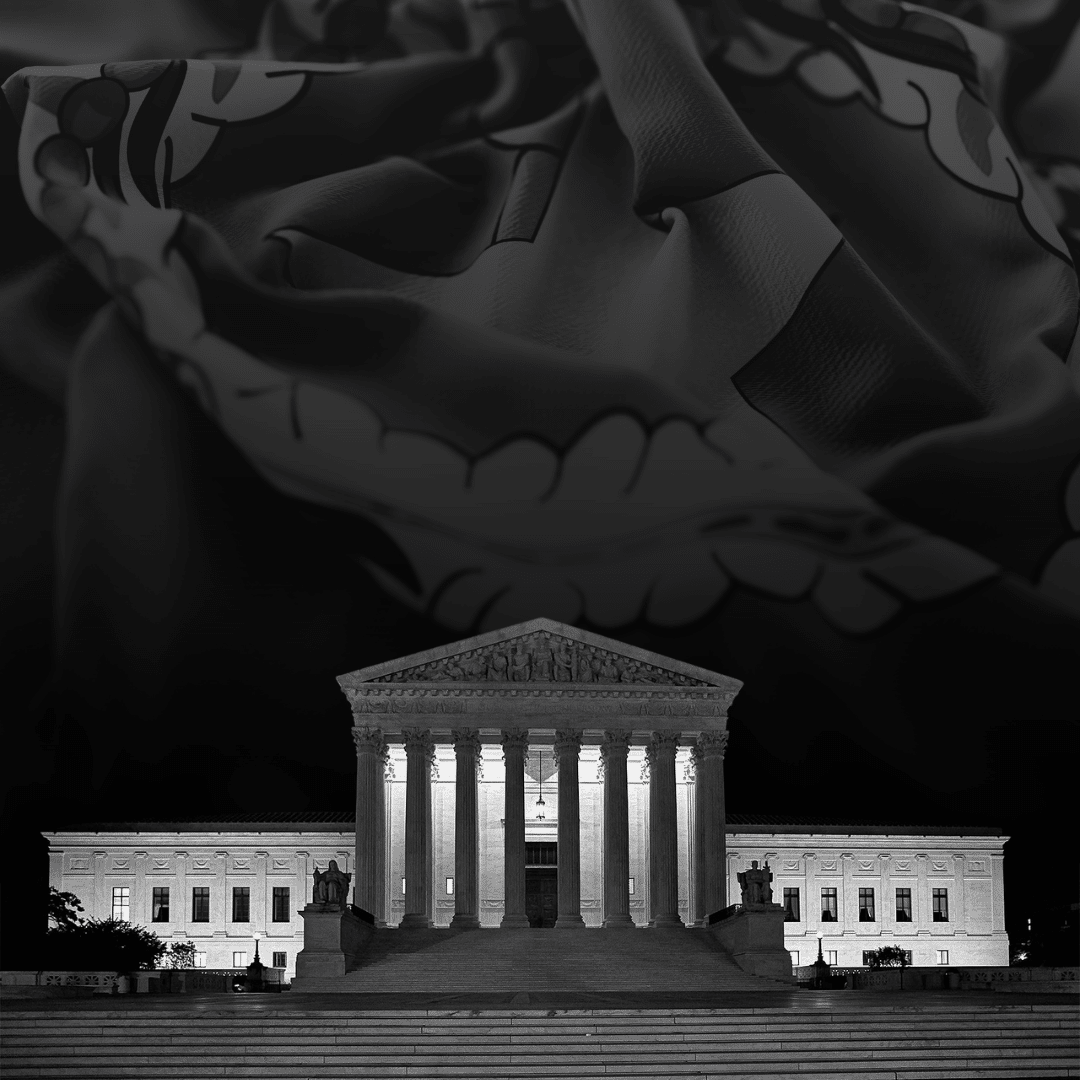

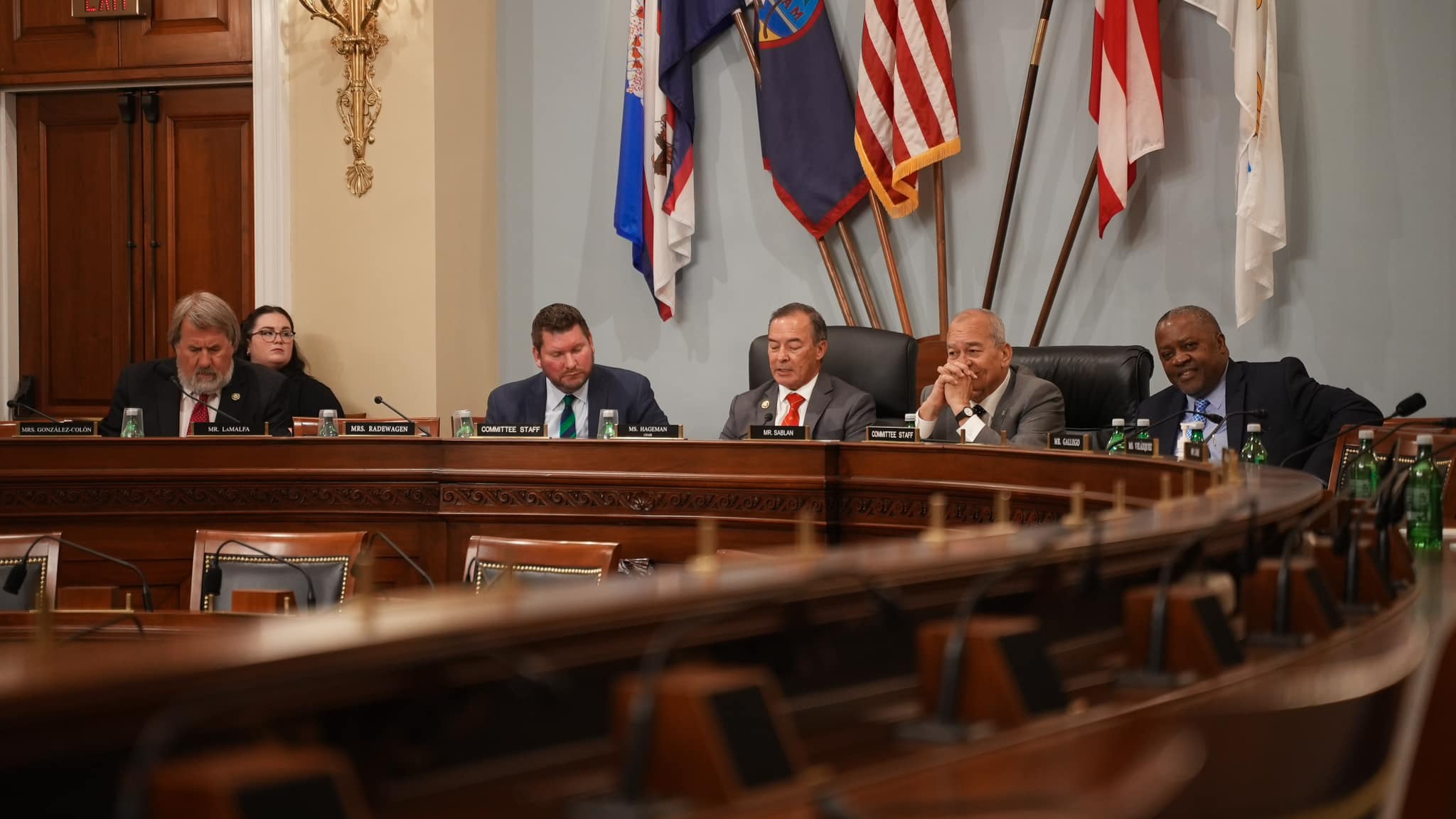

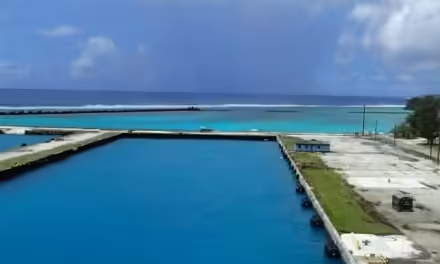


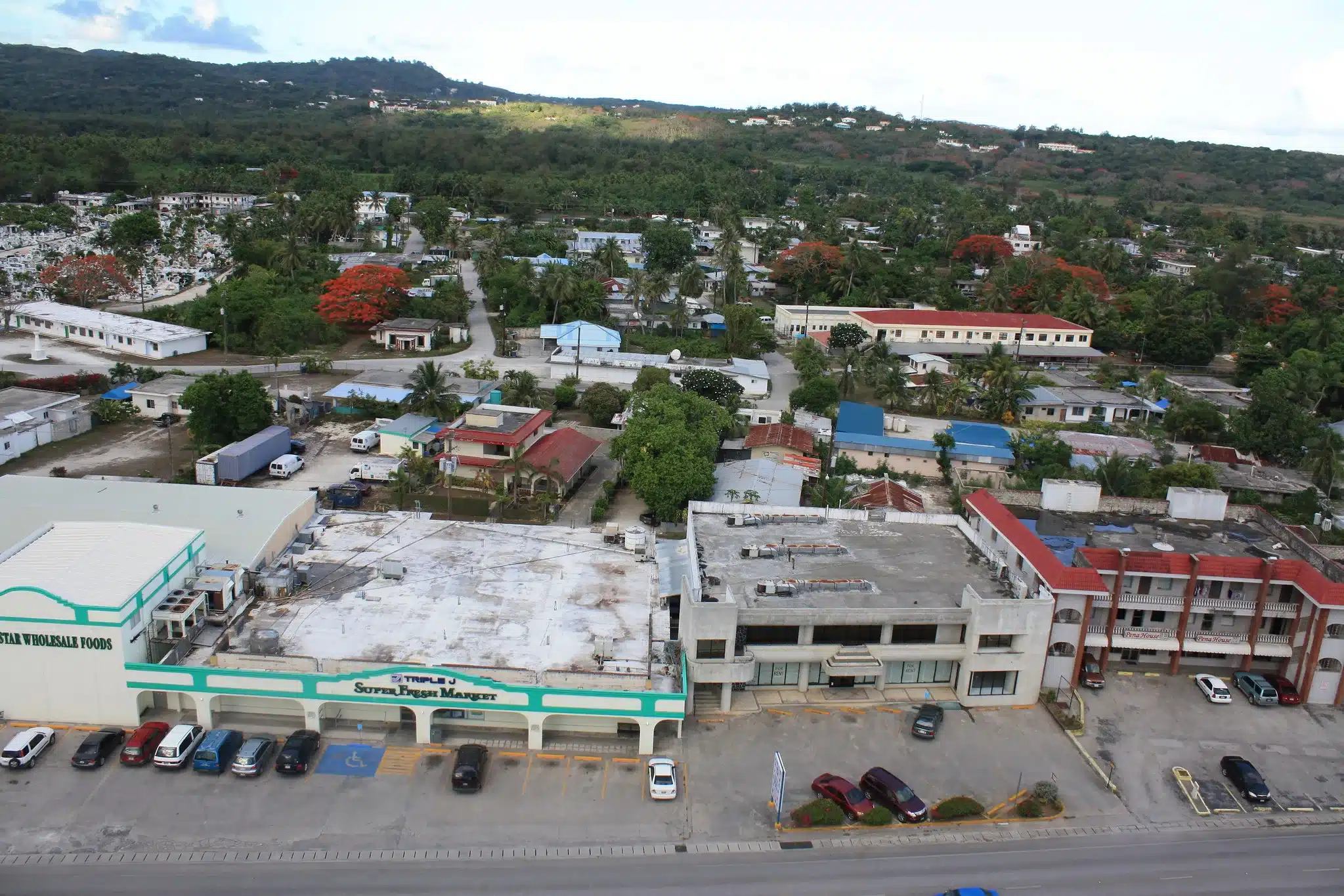
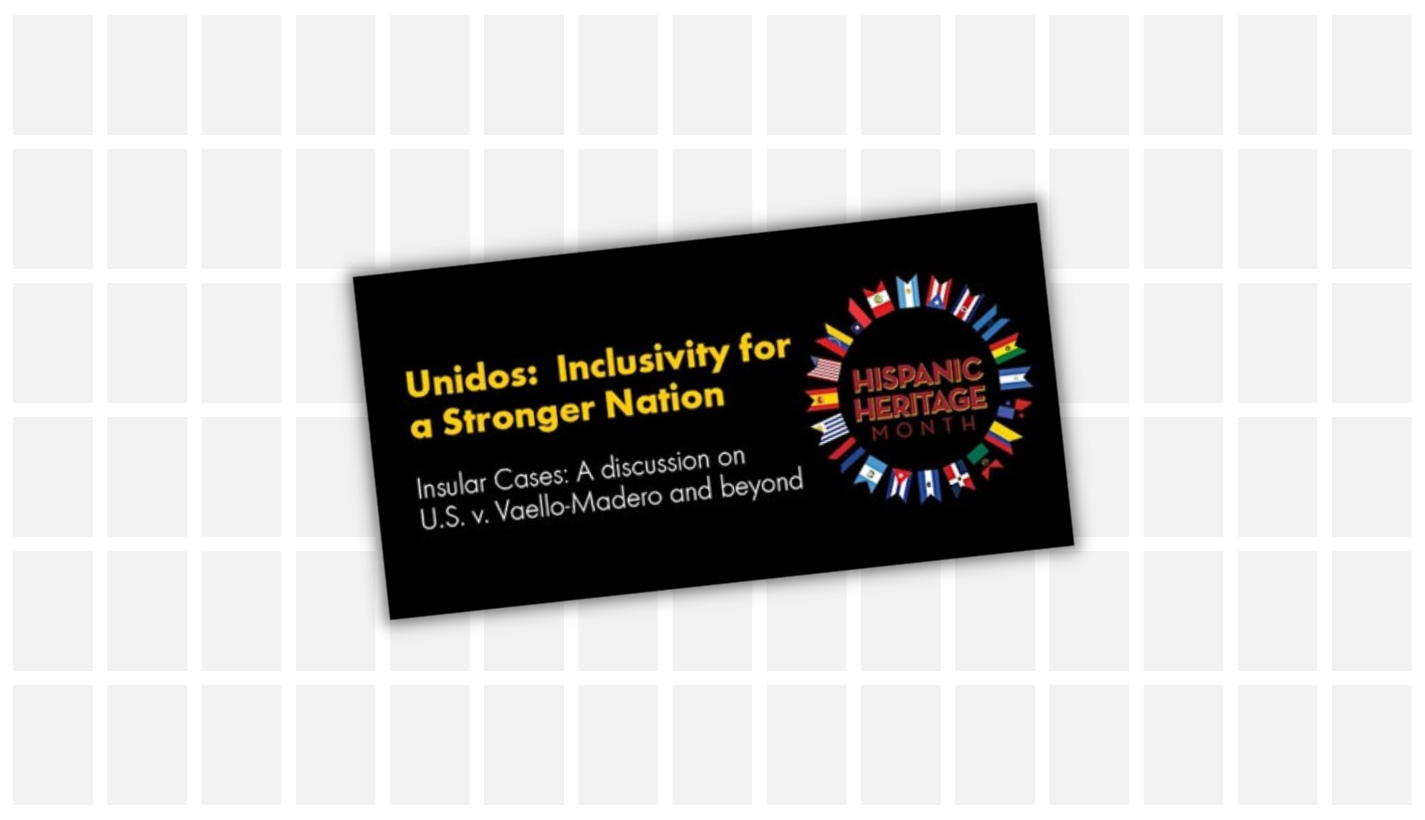
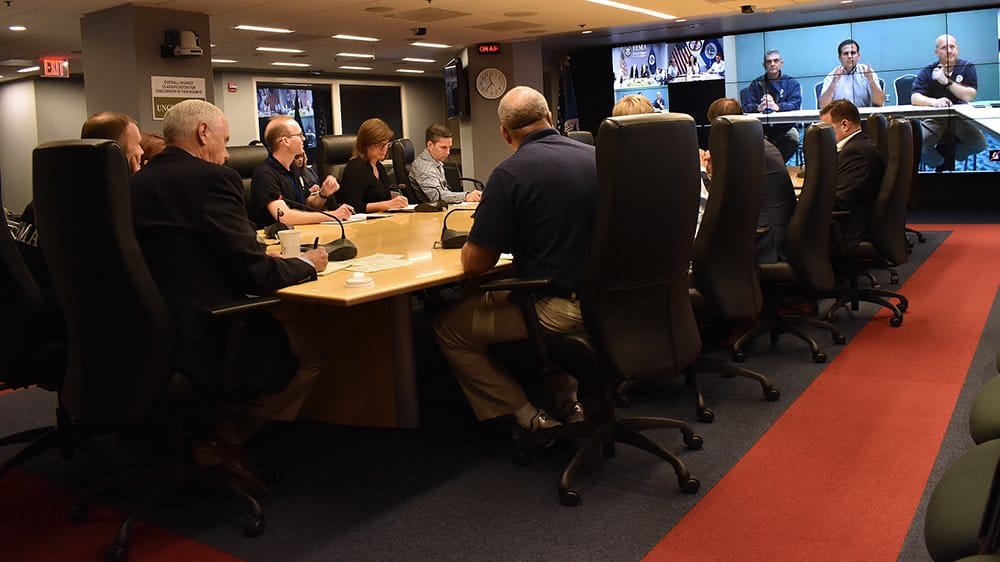
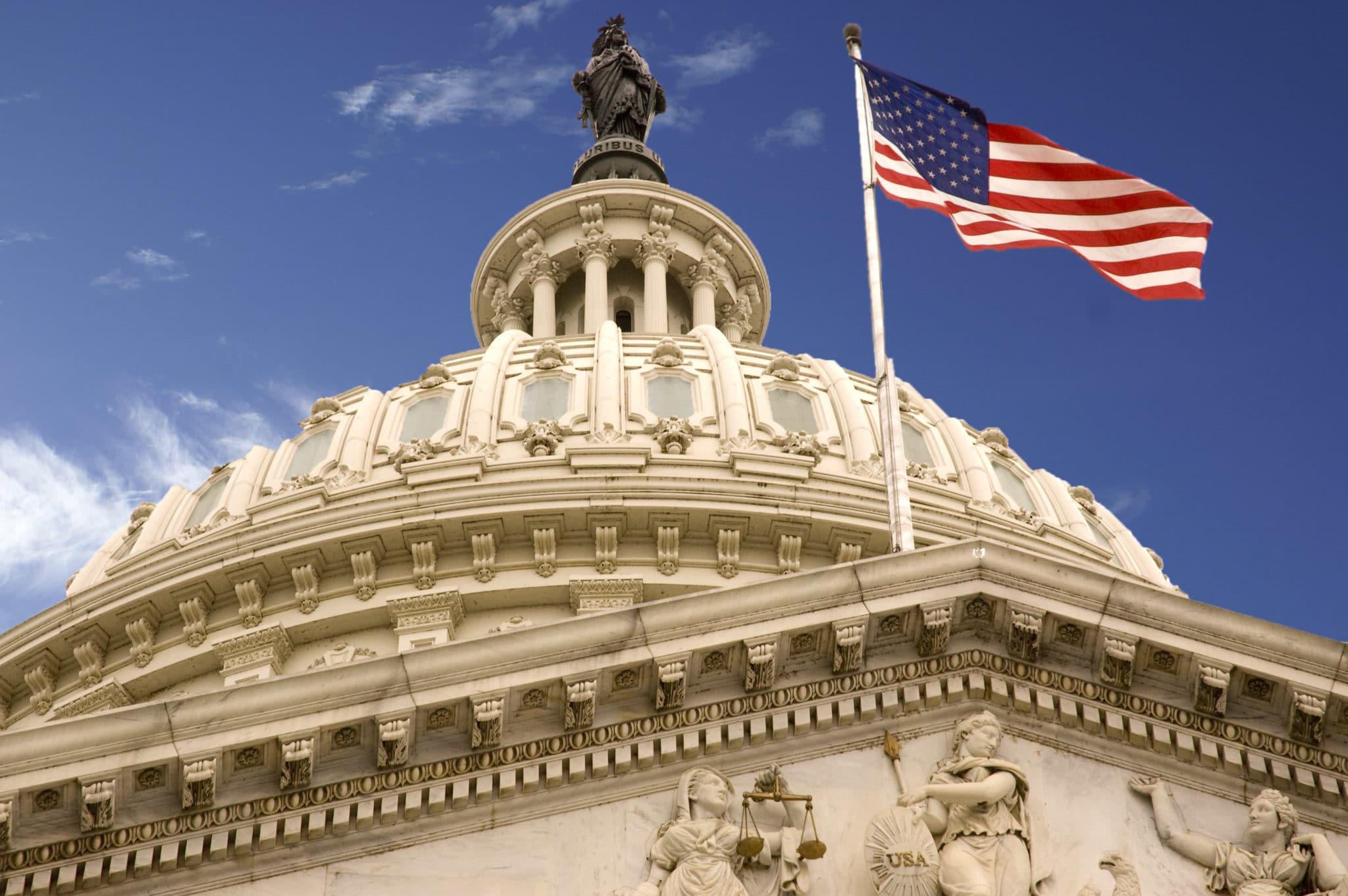
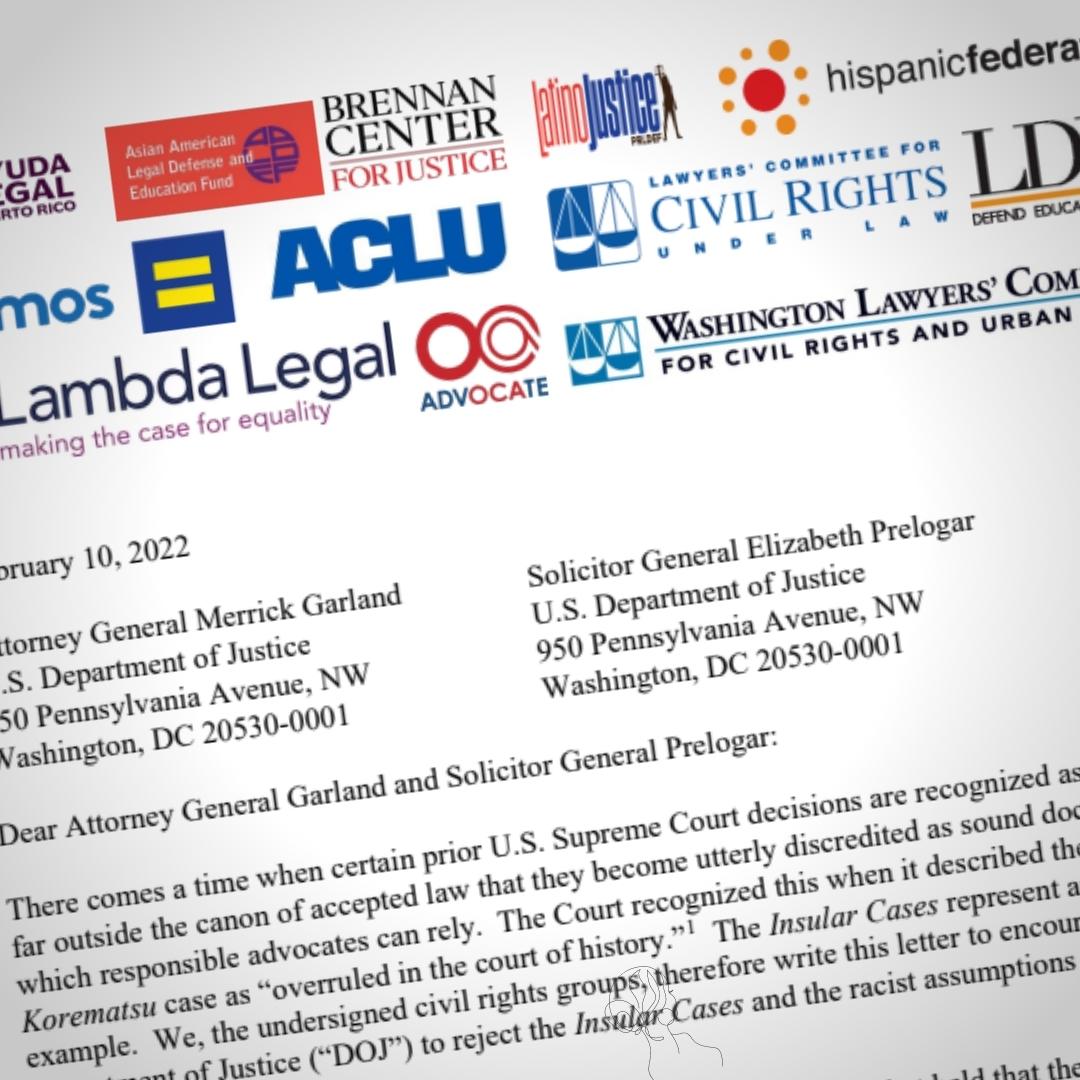

Trackbacks/Pingbacks